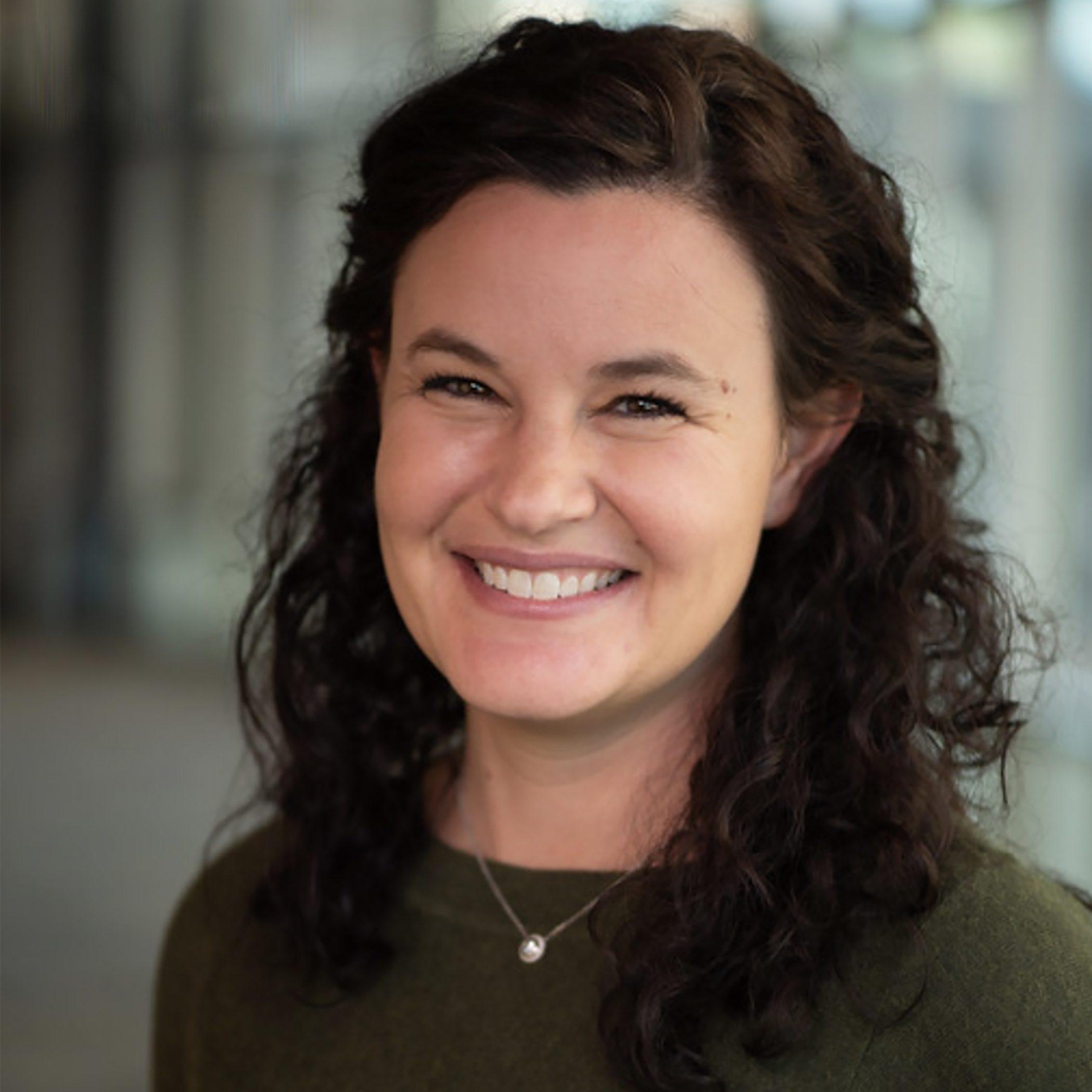From Grant Recipient to ATS Research Program Champion:
Dr. Elizabeth Redente’s Journey

When donors support the ATS Research Program, they’re not just backing research—they’re launching careers, inspiring breakthroughs, and changing the lives of researchers. Elizabeth Redente, PhD, ATSF is one of those lives transformed by early support—and today, she’s a donor and a champion for the very program that helped her move from a struggling early-career investigator to leading a lab with multi-million-dollar research funding.
In 2013, Dr. Redente received her first ATS Foundation Early Career Investigator Award and entered a research pipeline that led to progressively significant projects focused on pulmonary fibrosis—a disease that affects 250,000 people in the United States.
She noted that after multiple rounds of grants being unfunded due to the tight pay lines at the National Institutes of Health (NIH), despite high scores on her applications, the boost provided by the ATS grant was not only financial. “When you get rejection after rejection, it shakes your confidence. The ATS grants are reviewed by peers in the field,” Dr. Redente emphasized. “So, when you receive feedback you see that that they have faith in you as an individual, as a scientist, and that you have what it takes, it’s very impactful.” Additional recognition from the ATS followed in 2019 with the ATS-RCMB Jo Rae Wright Award for Outstanding Science, again, for her work on pulmonary fibrosis at the cellular level.
Today, Dr. Redente leads a lab where her focus on pulmonary fibrosis continues under a multi-year NIH grant. Her research investigates why scar-producing cells persist in pulmonary fibrosis and how enzymes like MMP-9 might help reverse the damage. In early pre-clinical studies using animal models, Dr. Redente’s team found that mice lacking MMP-9 developed more severe disease and failed to recover, which highlights the enzyme’s potential role in resolving fibrosis. Research is still in the basic science phase, but it has translational implications.
Giving Back
But Dr. Redente’s story doesn’t end with scientific progress. As chair of the ATS Assembly on Respiratory Cell and Molecular Biology, she is a passionate advocate for early-career researchers. In a year marked by funding uncertainty and hiring freezes, she rallied her executive committee to sponsor a table at the ATS Research Program Benefit during the 2025 International Conference, achieving 100 percent participation. “It was a tangible way to support the very people we are worried about,” she said.
Her commitment to giving back started modestly — with $50 during an assembly challenge — and has grown into a leadership role that blends philanthropy, mentorship, and advocacy. She’s also helping shape the scientific pipeline, speaking at ATS webinars and encouraging trainees to stay the course despite challenges. “Two years ago, one of my trainees received the same ATS Research award,” she recalls with pride.
Dr. Redente’s journey is a powerful reminder that ATS grants not only build careers, foster community, and inspire future leaders, they also advance scientific knowledge that can help patients breathe easier and live longer.
Help the American Thoracic Society protect the future of respiratory research. Make your donation today!